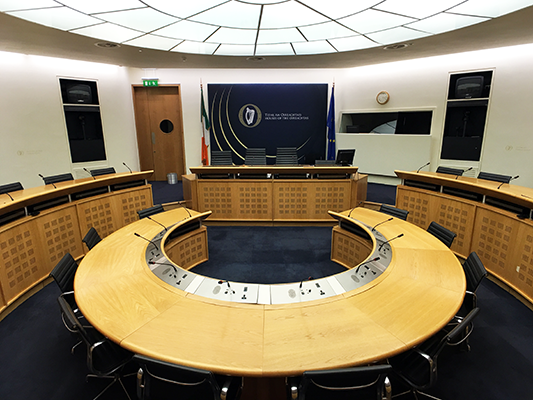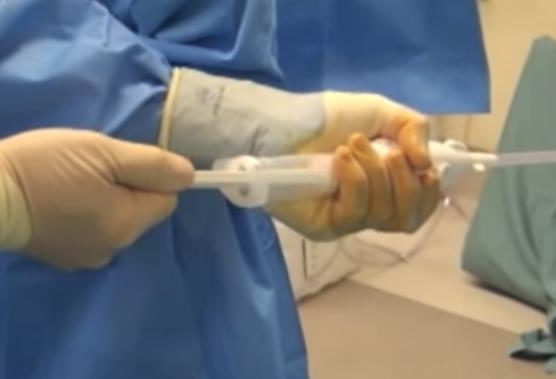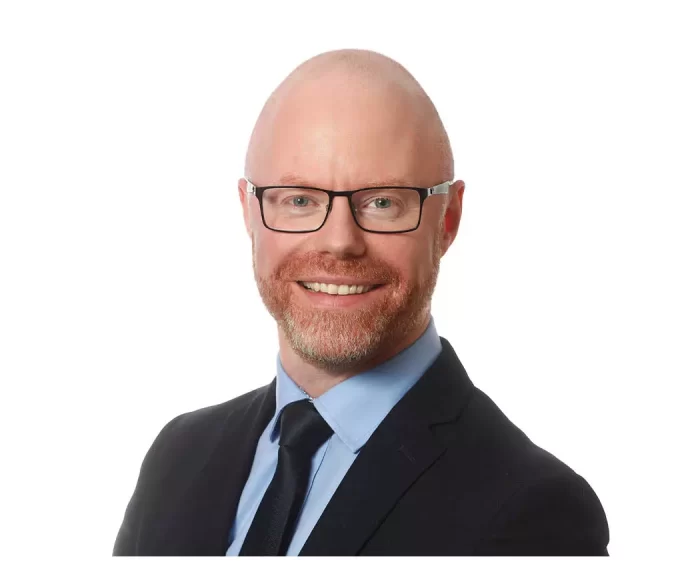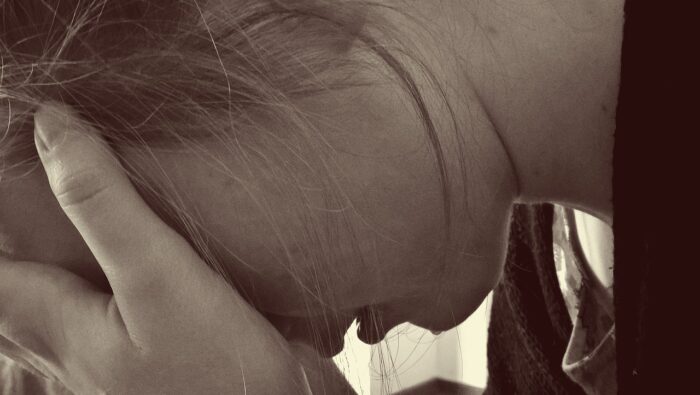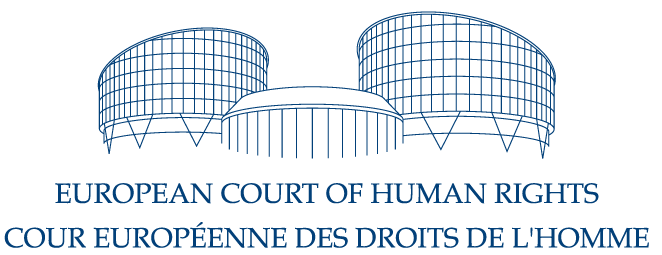A landmark case alleging disability discrimination in the UK’s abortion regime is going to the European Court of Human Rights.
The Court could find the UK’s current law, which allows abortion up to birth for Down’s syndrome and other genetic abnormalities, but not for those without disabilities, to be in violation of human rights.
That would set a legal precedent for all forty six countries that are members of the Council of Europe.
Heidi Crowter, a 27-year-old woman from Coventry who has Down’s syndrome is challenging the UK Government over the disability clause in the current law.
Currently in England, Wales and Scotland, there is a general 24-week time limit for abortion, but if the baby has a disability, including Down’s syndrome, or even a cleft lip and club foot, abortion is legal right up to birth.
There were 3,370 disability-selective abortions in 2021, a 9% increase from 3,083 in 2020. The number of late-term abortions at 24 weeks gestation or over where the baby has a disability increased by 20% from 229 to 274.
The UN Committee on the Rights of Persons with Disabilities has consistently criticised countries that provide for abortion on the basis of disability.

